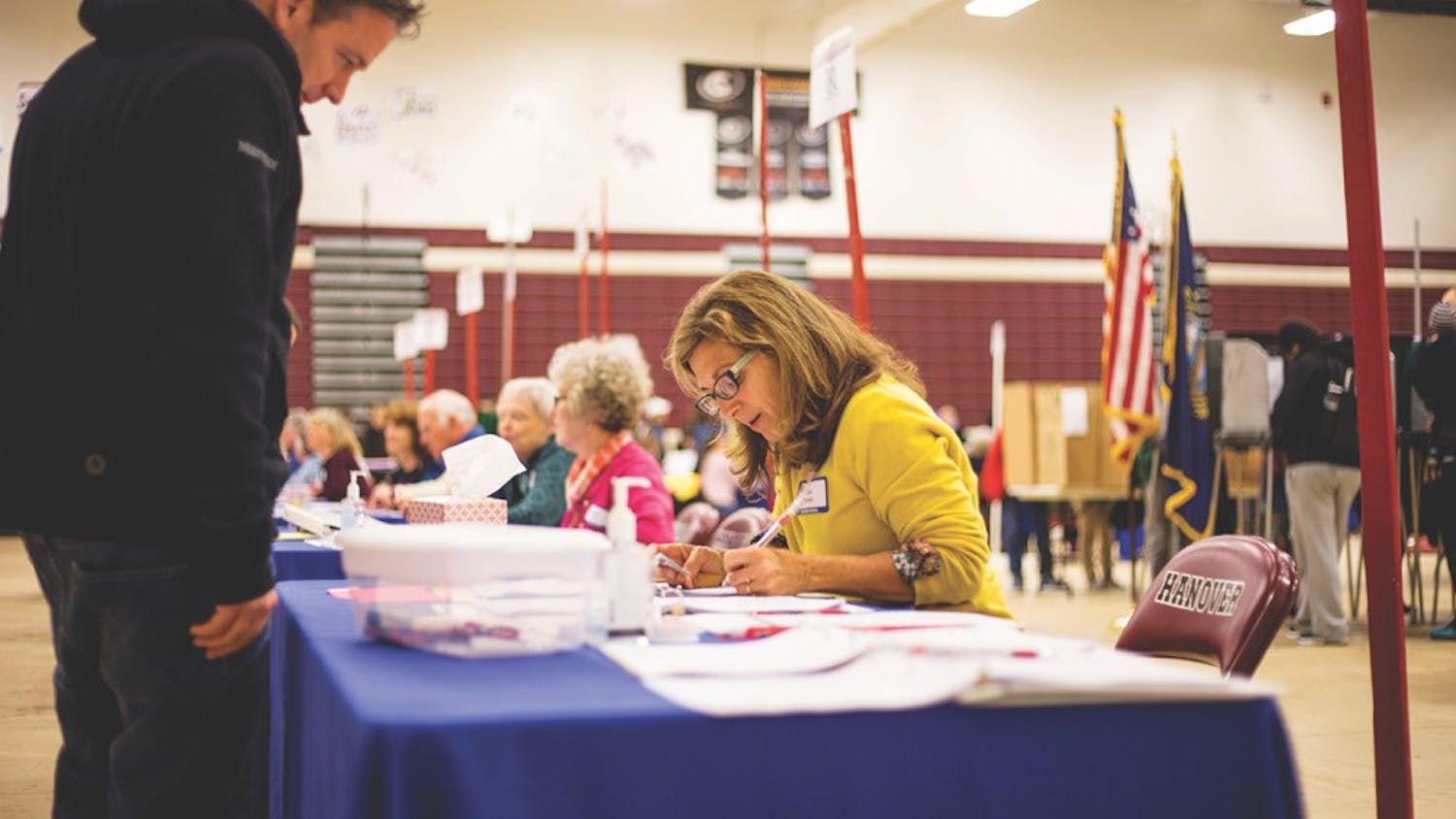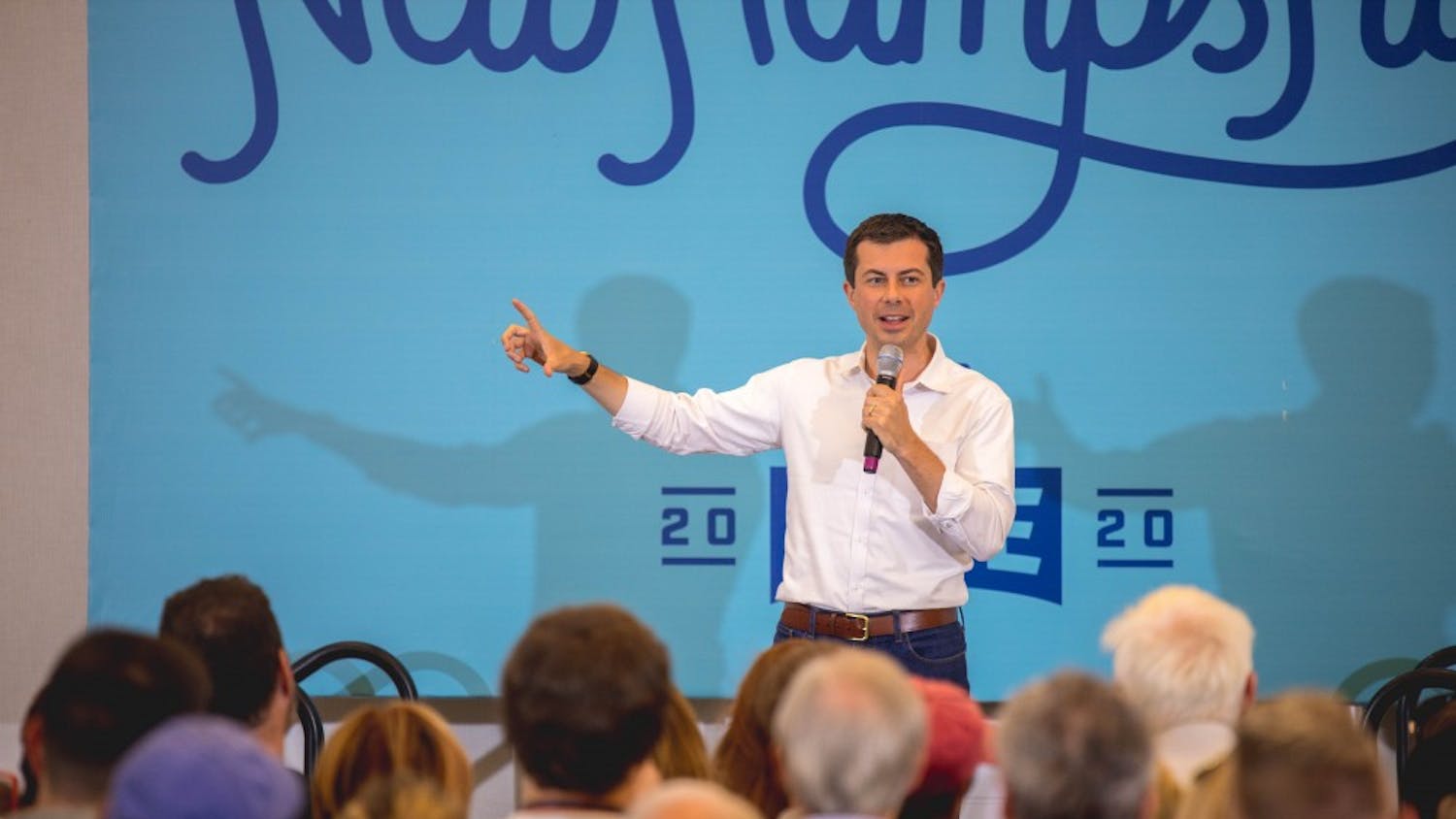It’s not an election year unless Florida has a surprise up its sleeve, and this year the surprise in question just might involve the restoration of voting rights to felons. Just last week, a federal appeals court ruled that the state cannot use unpaid fees and fines related to conviction to bar felons from voting. This decision built off a 2018 amendment passed by referendum that promised to enfranchise over a million Floridians with felony convictions who had completed their sentences.
Florida — which has the highest percentage of disenfranchised citizens in the country — is late to the game; over the past couple of decades, a majority of states have revised or changed laws concerning felon voting. Several states have repealed lifetime disenfranchisement laws and simplified the often arduously complicated process for re-enfranchising felons.
But with the exception of two states — our neighbors, Maine and Vermont — every state prevents felons from voting while incarcerated. While the growing restoration of voting rights to felons who have completed serving their sentences is a step in the right direction, states shouldn’t stop there. The fact is that everyone currently incarcerated in the nation should be able to vote.
The right of felons to vote is grounded, first and foremost, in the simple truth that there is no justification in a democracy for disenfranchising any citizen. Attempts to rob the incarcerated of their political voice cheapens our commitment to democracy. Popular arguments that disenfranchisement is the “price” of committing a crime, besides being redundant — the price of committing a crime is already the sentence itself, and should be nothing more — also reveals a punitive vision of a criminal justice system that should instead prioritize rehabilitation.
And that’s to say nothing of the troubling racial dynamics of felon disenfranchisement. The Sentencing Project estimates that as of 2016, slightly over six million Americans — or one out of every 40 adults — were disenfranchised due to a current or previous felony conviction. Among those disenfranchised, the racial disparity is glaringly evident — nationally, one in 13 voting-age African Americans are disenfranchised, four times the rate of disenfranchisement among non-black Americans. In some states, as many as one in five African Americans are disenfranchised.
The numbers are outrageous; the racism, blatant. Banning felons from voting fits into a nationwide trend of voter suppression with deep historical roots — and a trend that disproportionately hits low-income and minority communities. And before you blame this disparity on different crime rates across communities, consider who gets arrested in America. Think about marijuana. Black and white Americans use the drug at about equal rates; African Americans, however, are arrested for marijuana 3.73 times more often than white Americans.
The “why” of felon disenfranchisement is just as concerning as the “who.” Polls have shown that a majority of Americans from both sides of the political aisle oppose reinstating voting rights for the incarcerated. Democratic presidential candidate Pete Buttigieg, for example, has characterized losing voting rights as part of punishment, while Sen. Lindsey Graham (R-SC) has described felon voting as permitting “rapists, murderers, and terrorists to vote from prison” on Twitter.
This view is a major reason so many Americans feel uncomfortable allowing the incarcerated to vote; they buy into myths that everyone behind bars is a dangerous criminal convicted of murder, rape or some equally heinous crime. This couldn’t be further from the truth. Nonviolent drug offenders make up a significant percentage of the incarcerated; the Prison Policy Initiative estimates that one in five prisoners is locked up for a drug offense. Further, a report by the New York University School of Law’s Brennan Center found that 40 percent of the U.S. prison population is behind bars with “no compelling public safety reason.”
The tendency to label everyone within the prison system as “dangerous” speaks to the distance that so many people — in the country, but also within our little bubble at Dartmouth — have with the incarcerated, and more broadly, with issues of racial justice. It’s an immense and often unrecognized privilege to not have a loved one behind bars, or with a felony conviction. Forty-five percent of Americans have at some point had an immediate family member incarcerated.
Given the unfairness inherent in the criminal justice system, the least we can do is give felons the vote and make sure that every American has the right to participate in our nation’s political system. Elections will take place on Saturday in South Carolina, where the ACLU has estimated that around 50,000 people with felony and misdemeanor convictions will be unable to participate. As results come in, remember that a significant portion of population will continue to have its vote silenced.



